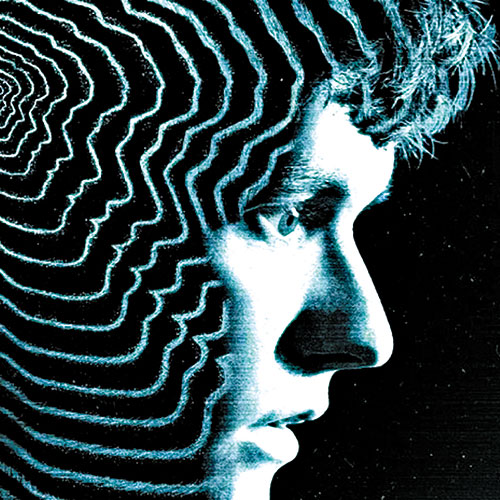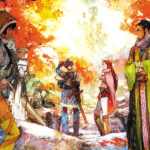Paige FTW: ‘Bandersnatch’ Is More Game-like Than You Think

Netflix’s latest gimmick production, Black Mirror: Bandersnatch, has been hailed as an ambitious movie-game hybrid, a trailblazer of the future “interactive movie” genre, albeit a flawed one.
But is Bandersnatch truly a game? And, for that matter — what is a game, really?
It certainly mimics the look and feel of at least a visual novel, or at least some simplified version of a Telltale title. Most people, however, have dismissed its game-like qualities as decidedly lacking in any real form of agency.
This is true, to a degree. Bandersnatch makes it very clear when it thinks you are going down the wrong path — a character may comment, “Wrong choice,” during one of the first pivotal decisions most viewers will encounter — which to some people may indicate a lack of the “agency,” or at least sense of adventure that most games embrace.
This, however, assumes that games allow player choice.
To me, this is a misguided interpretation of what a game really is. A gamer knows, even as they might send Link gallivanting across Hyrule to chase after rare armor and new tidbits of adventure, that his fate is ultimately still set in stone: At some point, he will save Hyrule.
The joy of gaming, therefore, lies not in the destination, but the process. Of course Bandersnatch has only the illusion of choice. Because the power of the show is not where protagonist Stefan goes, but how he gets there.
On those terms, well, yeah, the show is lacking. Certainly it means to make some grand claim about the illusion of free will, the insidious grasp of technology — but it never quite sticks the landing, leaving some of Stefan’s actions ludicrous instead of poignant. The viewers, instead, find themselves rather frustrated that their actions never can help Stefan, only prod him further down a newly miserable path.
Let’s hope mediocre writing doesn’t prevent more talented minds from giving the genre a try.











